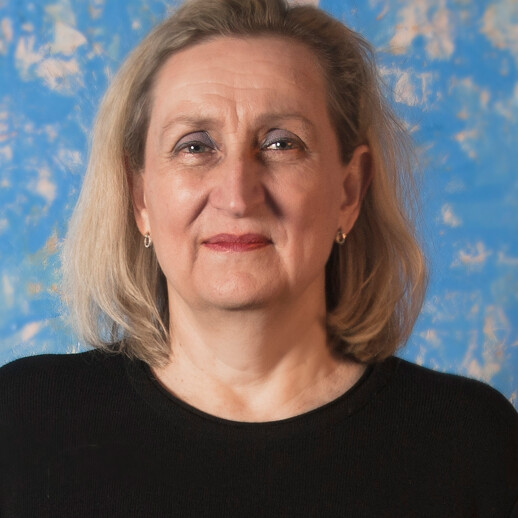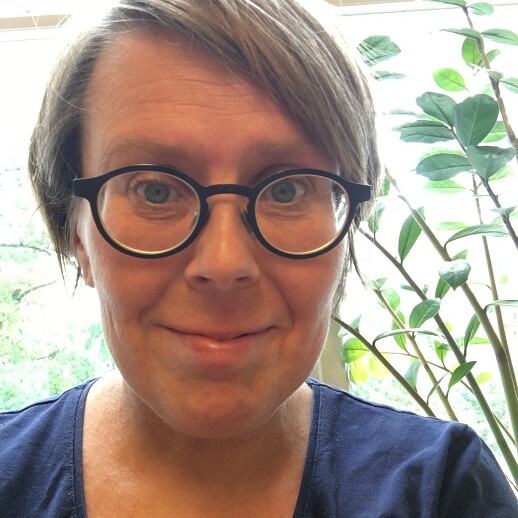Doctoral Programme in History, Culture and Arts Studies (Juno)
Juno is interdisciplinary doctorial programme that combines historical approach, cultural analysis and critical art studies. It educates specialists in cultural change bringing together 16 fields of research.
Juno offers qualified international doctoral training providing the candidates an ability to work both independently and in team, to produce new critical knowledge and communicate its results effectively to various audiences.
Juno graduates can build their careers as researchers and educators, specialists in cultural management, in memory organisations like museums and archives or work among scholarly publishing and editing field.
Doctoral researchers in Juno have a major subject, a field of research that comes closest to their PhD project.
Juno is a Doctoral Programme in the Faculty of Humanities, and it is a part of The University of Turku Graduate School – UTUGS, established on August 2011. For its part, Juno ensures that the School of History, Culture and Arts Studies provides systematic and high quality doctoral training.
Doctoral Programme in History, Culture and Arts studies (Juno)
- organizes education, supervision and guiding for all doctoral researchers
- support the disseration process of its doctoral cesearchers
- engage doctoral researchers with the research community and encourage them to build research networks of their own.
- support the deepening of doctoral researcher's special knowledge and skills and the progress of their expertise
Juno offers also
- salaried doctoral researcher positions
- travel grants
- grants for finalizing a doctoral dissertation
Juno is one of the 17 doctoral programmes that belong to the University of Turku Graduate School (UTUGS). The doctoral programme gets funding from the budget of the university via UTUGS. The UTUGS’ pay subsidy is meant for the hiring of full-time salaried doctoral researchers and the operational allowance is used to organize courses and activities for doctoral candidates and allowing travel and finalizing grants. The School of History, Culture and Arts Studies gives financial support to Juno, too.
The positions of salaried doctoral researchers are open every fall and 6-7% of the applicants are successful. The rector of the university decides every year the amount of salaried positions in each doctoral programme after which the board of Juno decides the number and length of positions that can be opened for the application. According to the guidelines of UTUGS, the doctoral programme prefers long term contracts (max. 4 years).
All applications for salaried positions are evaluated first by two members of Juno’s board. Board members never evaluate the applicants of their own subject nor participate in the discussion concerning their applications. After this, approximately third of the applications are sent for the external evaluation. When, the doctoral programme has received the evaluations of experts who work outside the University of Turku the coordinator compiles a shortlist according to the evaluations of both board members and external experts. Those members of the Juno’s board who do not have applicants from their own subject major on the shortlist will read the applications and evaluations of the shortlisted again and make the final decision.
- Cultural History
- Finnish History
- European and World History
- Archaeology
- Study of Religion
- Folkloristics
- European Ethnology
- Art History
- Comparative Literature
- Finnish Literature
- Gender Studies
- Media Studies
- Musicology
- Digital Culture
- Cultural Heritage
- Landscape Studies
Juno's steering committee's members are: Professor Tutta Palin (director of Juno), University lecturer Riina Haanpää, University lecturer Janne Harjula, Professor Anu Koivunen, Professor Leila Koivunen, University teacher Kaarina Koski, Senior university lecturer Aino Mäkikalli, Senior Researcher Aymeric Pantet, Doctoral Researcher Liisa Merivuori, Doctoral Researcher Aura Nikkilä and as a secretary, doctoral education specialist Meri Heinonen.
Juno had positions for salaried doctoral researchers open for the maximum period of four years: 1.1.2026-31.12.2029. We received 83 applications and the steering committee decided to choose following applicants:
- Aholainen, Kuu for the period 1.1.2026-31.12.2026
- Hughes, Oisin for the period 1.1.2026-31.12.2026
- Hämäläinen, Annika for the period 1.1.2026-31.12.2029
- Laitila, Jutta* for the period 1.3.2026-31.12.2029
- Leiwo, Ennaliina for the period 1.1.2026-31.12.2028
- Oravisjärvi, Jani for the period 1.1.2026-31.10.2026
- Pohjalainen, Hilla for the period 1.5.-31.12.2026 (50%) and 1.1.2027-31.12.2029 (100%)
- Ratala, Onni for the period 1.1.2026-31.12.2027
- Ruohomäki, Anni for the period 1.1.2026-31.12.2029
On waiting list:
- Uusimaa, Petra
- Jämsä, Aino
- Suontama, Joel
- Korpi, Ossi
- Helamaa, Maija
*On condition they accept the study right (beginning 1 January 2026) they have been granted in the Doctoral Programme Juno.
Juno's director and coordinator


